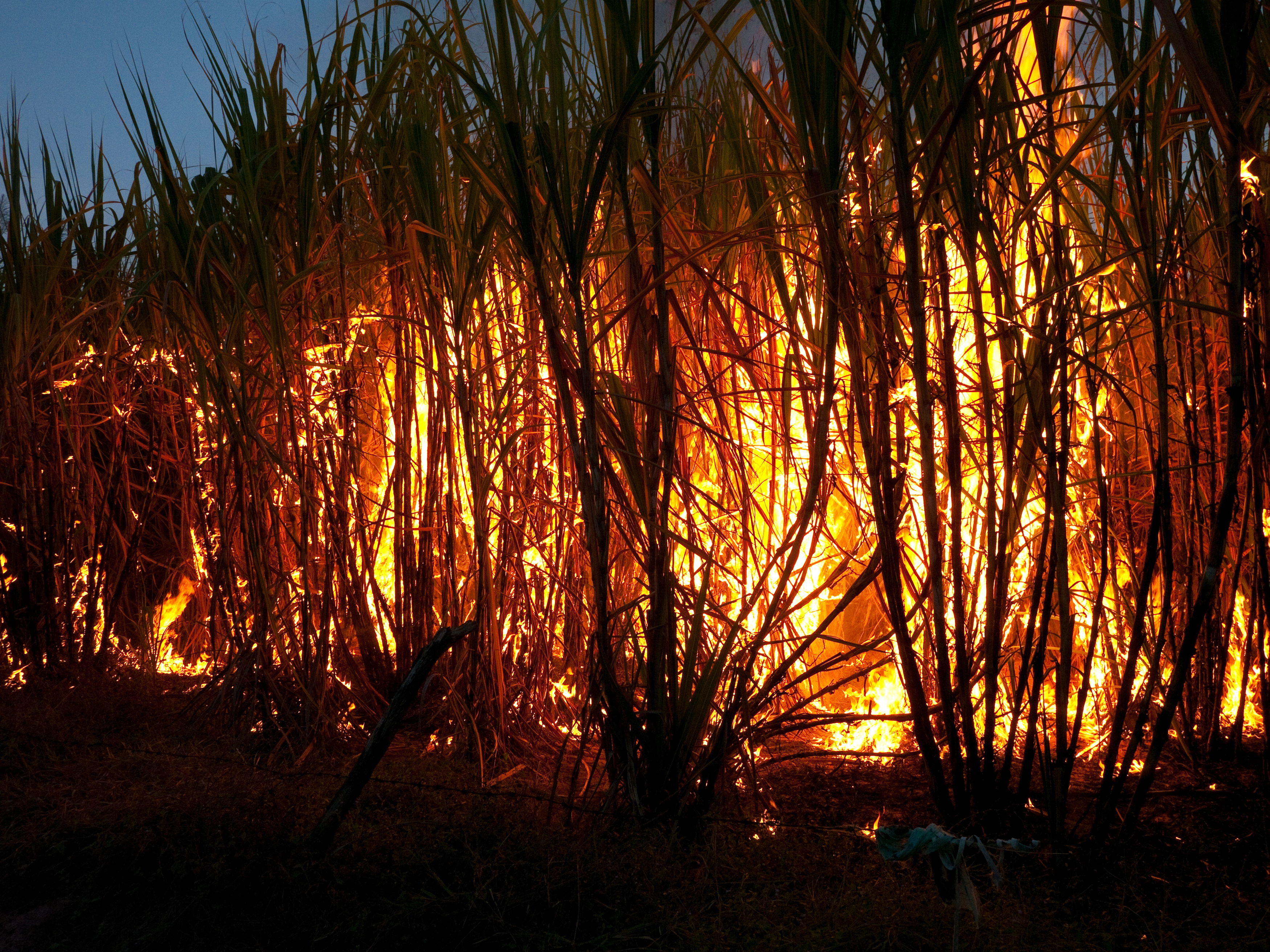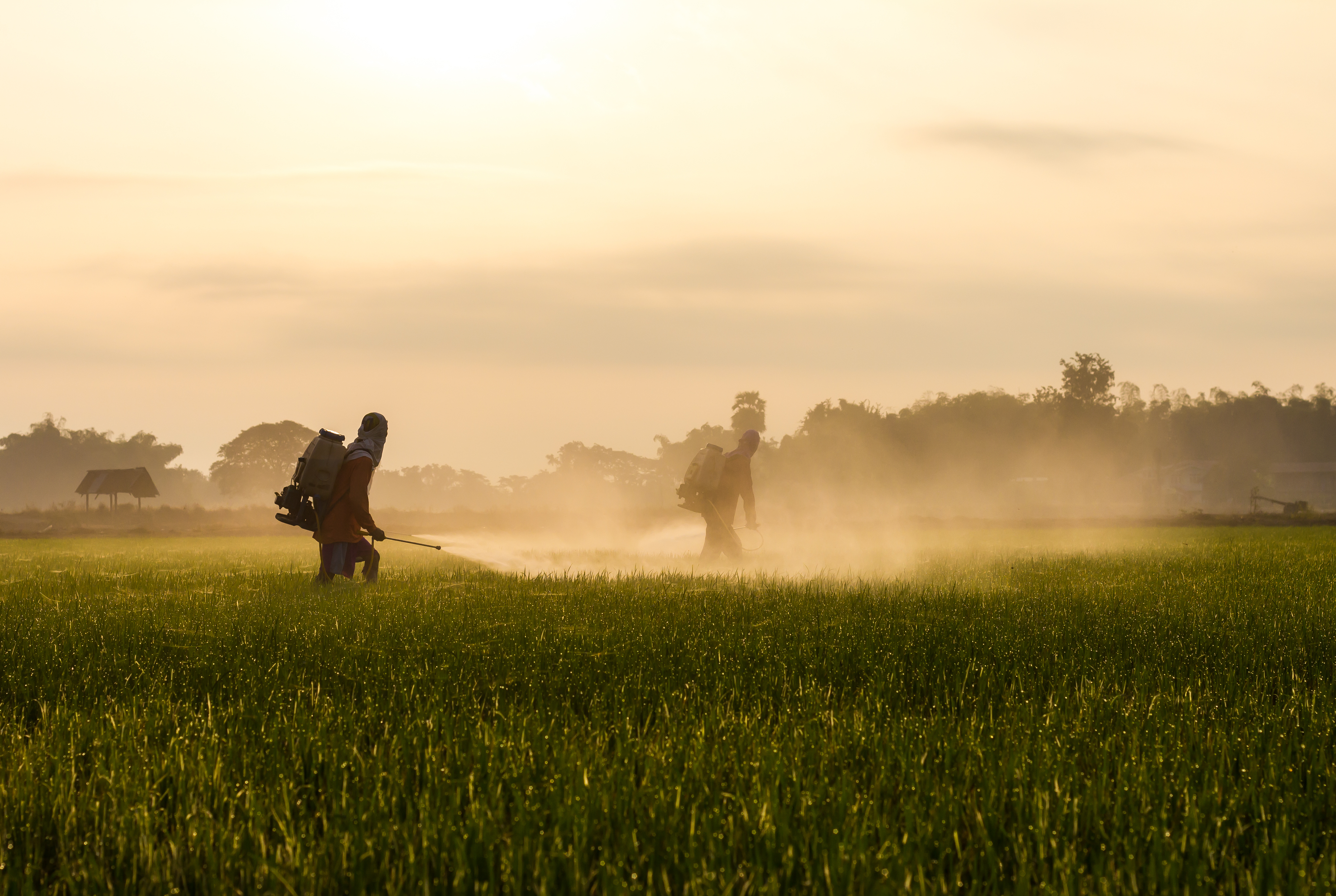Boost insurance coverage with supplemental policies
Boost insurance coverage with supplemental policies
According to farmers, crop insurance “costs too damn much money.” Why invest in such an expensive hassle? Agriculture producers buy crop insurance, because a profitable harvest is nothing short of a miracle. Everything has to go right, and nothing can go wrong. Farm managers realize that they could lose everything after just one thin harvest, so it’s worth investing in quality insurance coverage. Multi-Peril Crop Insurance policies offer general protection, but there are a lot of circumstances that are either not covered enough or not covered at all. Supplemental insurance options increase your level of protection and preserve your peace of mind. Here are some common supplement policies to boost your coverage and protect your investment.
Crop Hail policies
One hail storm is enough to wipe out your entire crop, erasing months of planing and weeks of growth in a matter of minutes. Crop Hail supplemental policies work with your crop insurance policy to protect your harvest from potential disaster. A hail supplement can be purchased at anytime in the season. If your crops have already been damaged by a hail storm, however, you can’t insure them to cover the loss.

Crop Fire policies
Fire can ravage your fields, causing widespread damages and big financial losses. MPCI policies offer fire protection from lightning and natural disasters, but they don’t cover accidental fires. If a random combine malfunction sparks a blaze or another freak accident ignites your crops, Crop Fire supplemental policies help you recoup those losses.
Crop Wind policies
Crop Wind insurance supplements have different coverage options to offer a range of wind damage protection. Strong winds bend and flatten otherwise healthy stalks of corn. Green Snap endorsements are the highest level of coverage that will help you recover the costs if your field corn, seed corn, sweet corn or popcorn stalks are snapped by the wind. Small grain wind coverage works a little differently, but it covers barley, oats and wheat.
Replant supplemental policies
Crops can fail at any stage of the growing process. Some years, you know that the fields aren’t going to grow before planting has even finished. When this happens, farm managers prepare for replanting. Replant supplemental policies cover the costs that come with a fresh start. MPCI policies include some protection to help farmers recoup the cost of a replant, but replant supplements offer additional benefits.

Pollution coverage
Agricultural chemical drift exposes your crops to unwanted chemicals, which reduces your crop yield. Organic farmers are especially affected by chemical drift; exposure to foreign chemicals can shut down their operations. Farmers encounter a number of fuels and other operational fluids that have risks for the people who handle them. If these fluids spill, it damages the crops. Fertilizers, fuels and other chemicals are classified as pollutants and have basic coverage in crop insurance policies, but additional protection is often needed.
Crop residue protection
Crop residue is proving its usefulness in alternative fuel production. Farmers are looking to insure this resource as its economic value increases. Farm operators who sell their post-harvest grain residue purchase Crop Residue supplemental policies to protect the leftover straw and stover.
Price Flex policies
Agriculture markets are volatile, which puts your farm operation at risk. Price Flex policies protect farmers from fluctuating market prices. These supplemental insurance policies allow alternative price discovery periods. Producers have the opportunity to secure higher market prices for the next year’s harvest.
There are a lot of supplemental insurance policies available to better protect your farming operation. All of these extras may seem “too damn expensive,” but they can save you from unexpected losses and damages. Insurance professionals guide you through the different protection options and perform a risk analysis. Farming is a high stakes investment, don’t let limited crop insurance coverage put your operation at risk.
